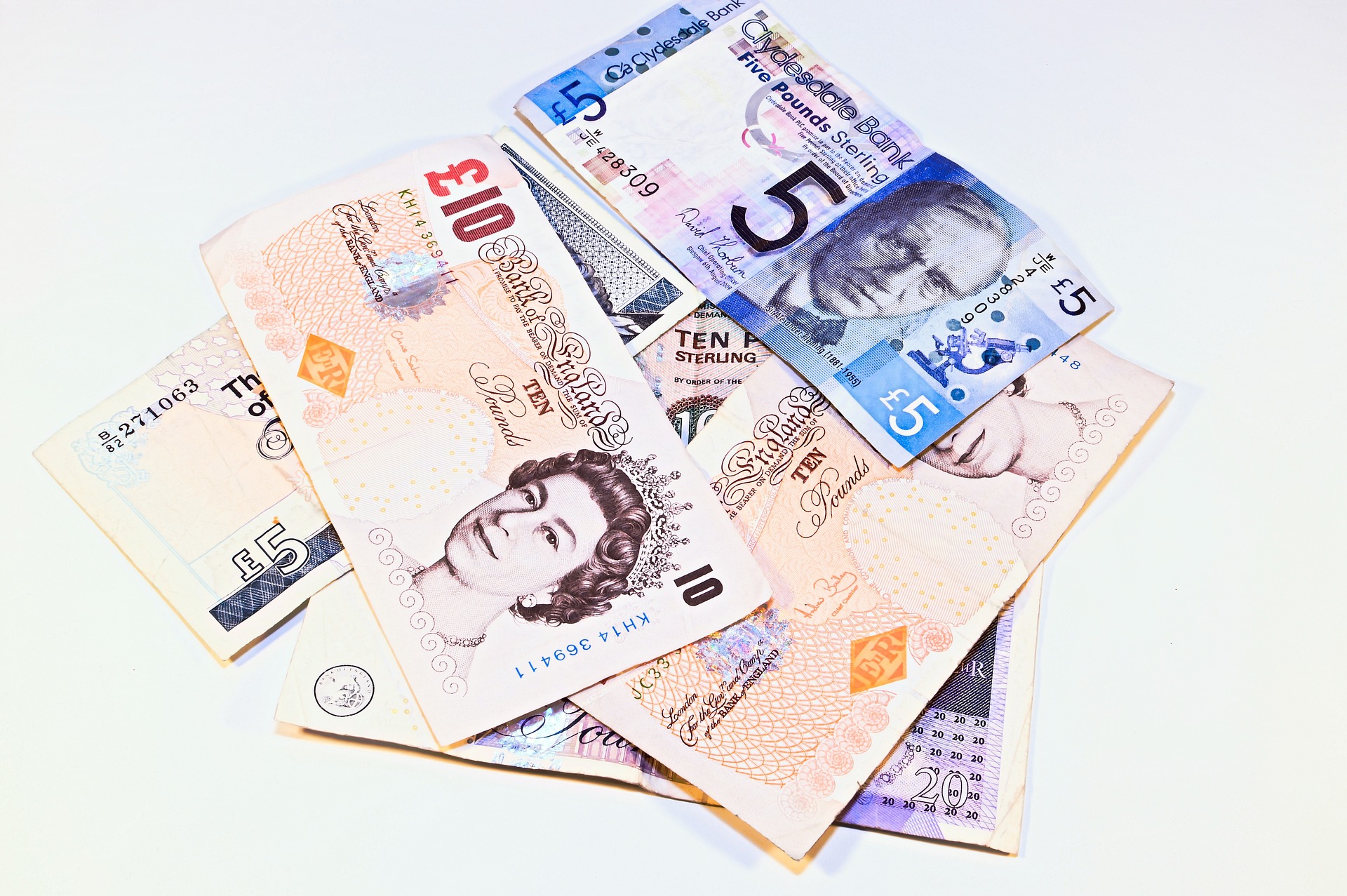The British Pound to Dollar traded below 200-DMA in 2022 but broke the trend in December, when it closed at 1.2287 last week, with a declining Dollar.

British Pound Above 200-DMA as US Dollar Weakens
The British Pound slipped below 200-DMA in August 2021 and continued to trade lower for the entire duration of 2022. But in December 2022, the GBP/USD managed to surge past 200-DMA.
The GBP/USD currency pair started 2022 at 1.37 levels and is currently trading at 1.22 levels in December 2022.
The GBP/USD closed at a six-month high of $1.23 last week on December 11, 2022. After declining to 1.04 levels in September 2022, the British Pound to US Dollar strengthened to 1.23 in December 2022.
If GBP/USD moves above 1.2350, it will reach 1.2610 levels. The weakness in the US Dollar is expected to push the British Pound to the Dollar higher.
The GBP to US Dollar declined to 1.0384 in the last week of September 2022. Recession fear kept the British Pound under pressure. The United Kingdom is tied down with many problems that batter the economy. Apart from political chaos, there is high inflation, rising energy costs, and recession fears. The Ukraine war plays a major role in high energy prices, pushing the inflation rate higher.
High selling on the greenback brought the DXY to 104 levels, strengthening the British Pound.
UK Gets Third Prime Minister in Two Months
Rishi Sunak is the 5th prime minister of the United Kingdom in six years. He is the third prime minister in less than two months.
The political chaos in the United Kingdom has created havoc in the economy. 42-year-old Rishi Sunak is the first prime minister of a different color.
Earlier in 2020, Brexit brought about the exit of Britain from the European Union. PM Minister Boris Johnson had to lead the country through the pandemic and Brexit upheavals with Sunak as finance minister.
After Boris Johnson, PM Liz Truss took over the reins to lead the country. GBP/USD slid to a new low in September with high mortgage interest rates and tax cuts announced by Liz Truss. She was in charge only for 45 days.
After Liz Truss, Sunak took charge as prime minister.
Meanwhile, the United Kingdom gets a new king after the demise of the Queen. Prince Charles is the new king of the United Kingdom. The British Pound will now feature the portrait of King Charles III, as per the tradition in the United Kingdom. Queen Elizabeth graced the UK currencies for more than 60 years.
The death of Queen Elizabeth put an end to the reign of a great British leader.
Inflation at Record High
Inflation soared to a record 4-decade high of 11.1% in the United Kingdom, leading to a higher cost of living. Earlier, the Bank of England had predicted inflation to peak at 11$, but the current figure is much higher, above 11%.
The British Pound slid to new lows in September as the war in Ukraine led to soaring energy bills. The Ukraine war brought a supply-chain crisis which increased inflation.
Inflation is at 11.1% in October 2022, jumping from 10.1% in September. Inflation rate is at its highest point, at levels last seen in October 1981.
Gas and electricity prices are the leading factors behind soaring prices. The war in Ukraine added pressure on living costs. Ukraine is the chief exporter of food grains, and the recent war brought a shortage of food grains in the United Kingdom, as it depends on Ukraine for its food supply.
The intervention by the government through the energy bill package helped to keep prices under control and has prevented inflation from zooming higher to more than 13%.
High-Interest Rates
The Bank of England set a target to reach 2% inflation, but with high inflation in the country, BoE brought interest rates higher.
The interest rate at 3% is the biggest increase in three decades by the Bank of England. The cost of living is rising with energy and food prices increase. However, wages are not keeping up with the price increase. The government argues that higher pay may push the inflation rate even higher. The Fed increased rates to pull down inflation in the US with the Bank of England following the same policy. But economists claim that monthly payments for mortgage loans will increase, making borrowing more expensive while lowering the spending capacity of the people.
Higher rates make it expensive for households and companies to borrow money. Officials fear that high rates may also lead to recession.
Dollar Declines
The US Dollar declined to 104.799 last week. The greenback peaked at 114 in September and is on a declining trend since then. After rising to double digits, the US inflation rate dropped to 8.5%. Experts predict inflation to fall further, which may lead to a decline in the US Dollar to 100 levels.
The resurgence of Covid in China has made investors turn to the US Dollar as a safe-haven investment.